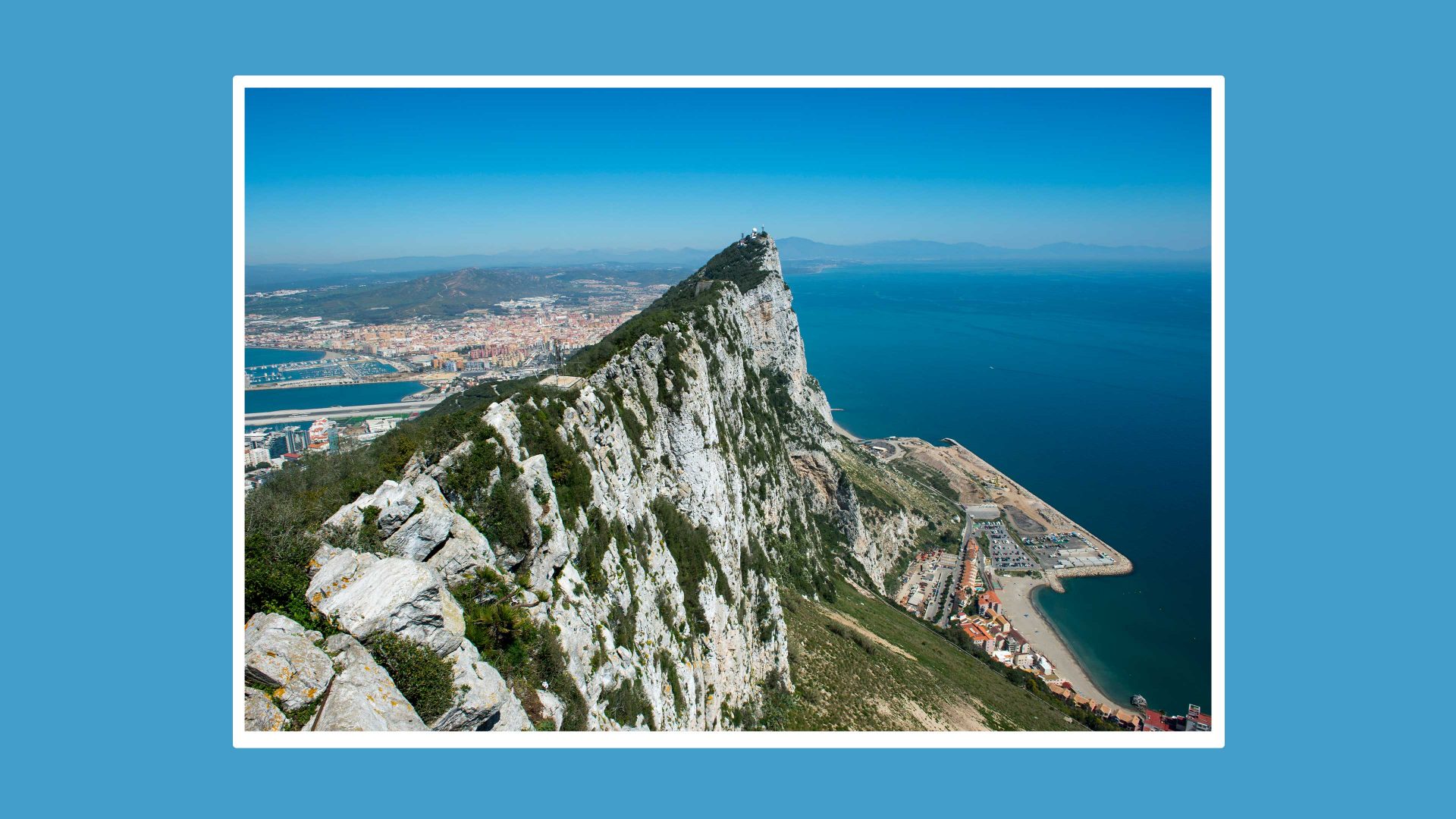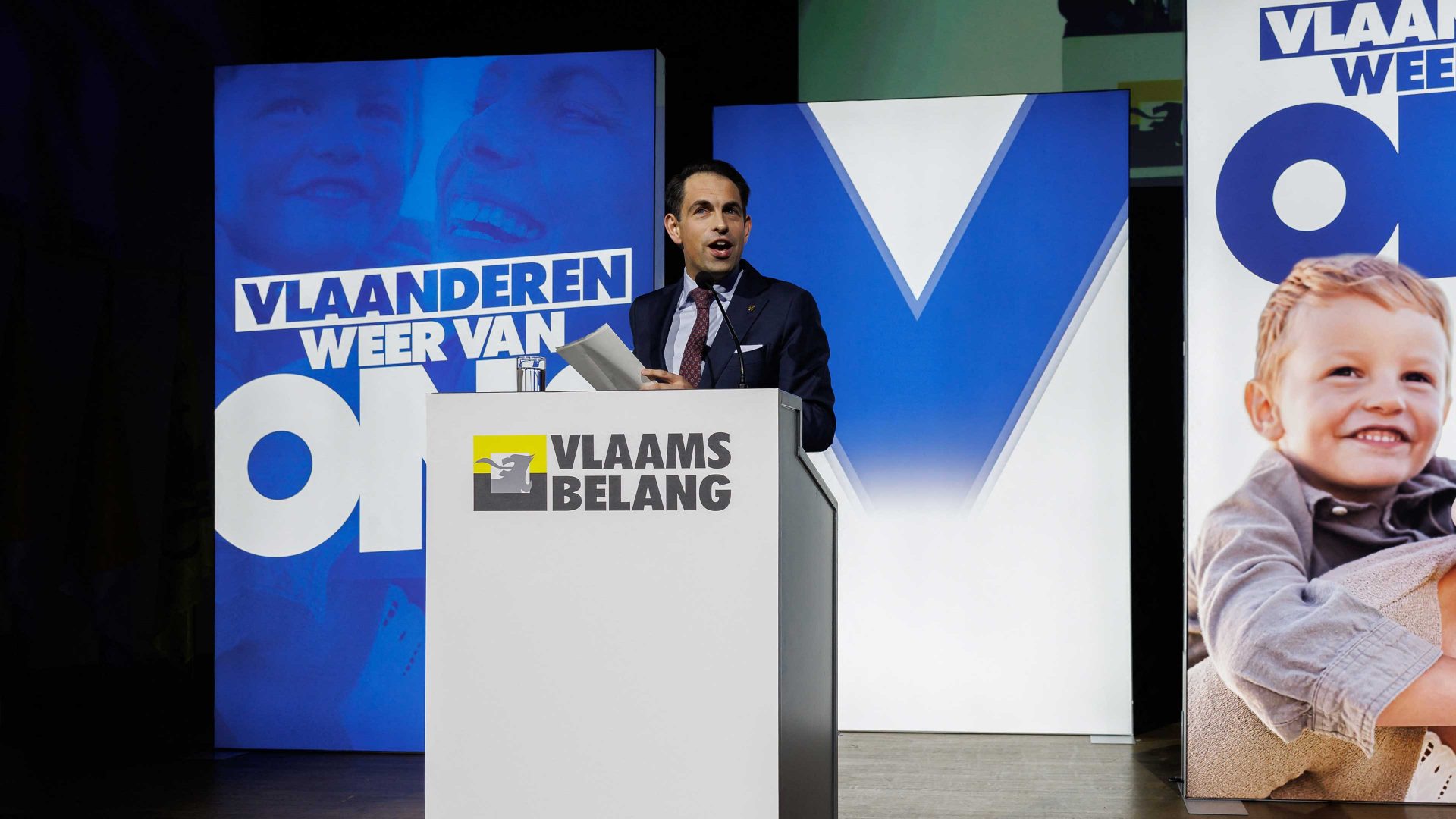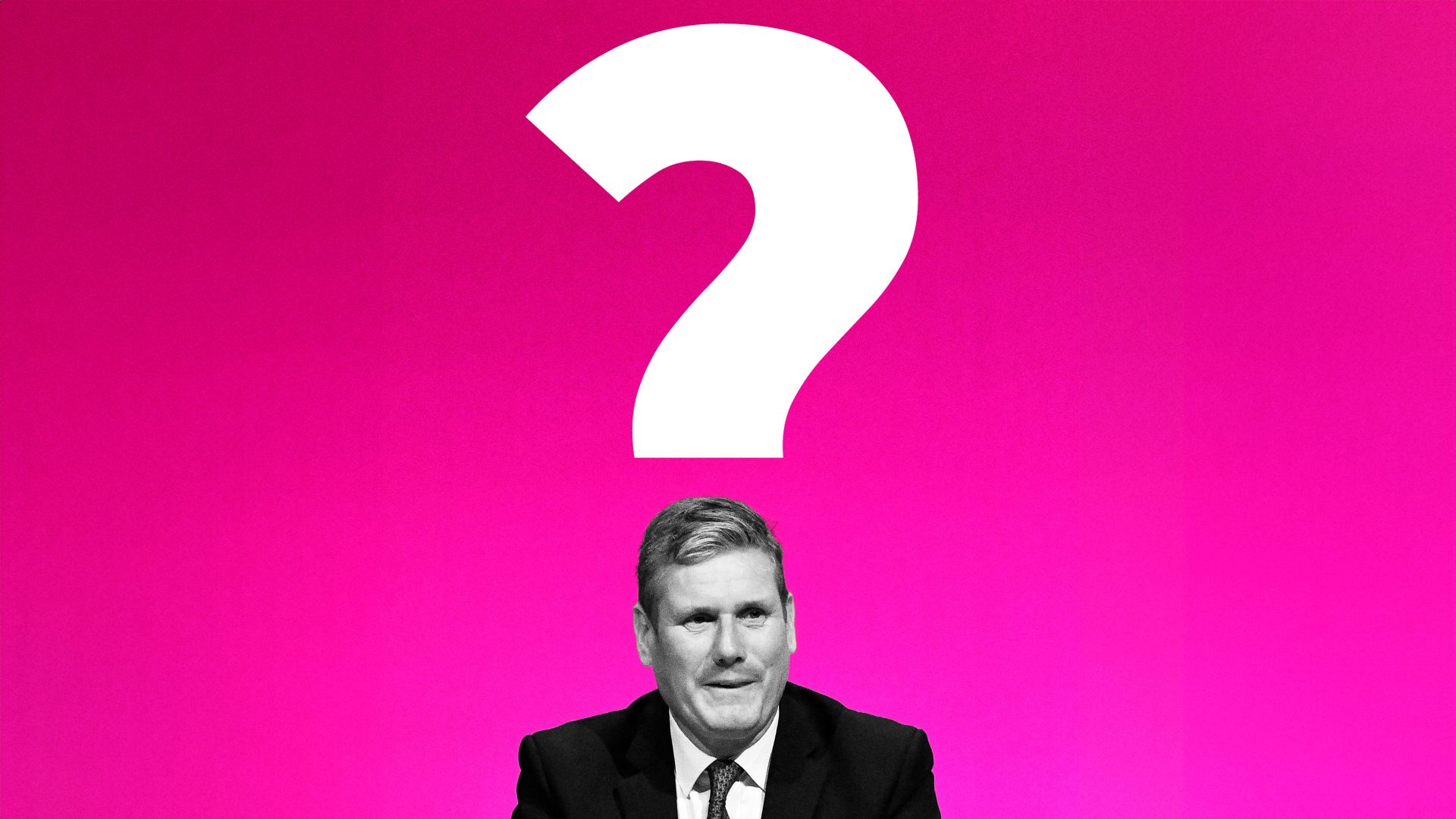Behind the scaffolding and hoardings now surrounding Gibraltar’s 19th-century parliament building is a long, marble plaque.
Dated to 1817, it bears the names of all those who helped in the building’s construction – initially as a commodity exchange.
The name of the then-governor of the British colony – George Don – comes first, as you might expect.
But then, dotted among the Henrys and Hatchwells, Middletons and Marsdens that follow are surnames like Abdulrahman and Isaacs, Albacares and Levy.
Indeed, from its very outset as a British colony, the Rock has not only been home to vibrant Muslim and Jewish communities, but has depended on both for its very survival.
“Spain expelled all the Jews and Muslims from the Iberian peninsula in 1492,” says Gibraltar historian Richard Garcia. “On the other side of the Straits, Morocco welcomed them all.”
We are sitting in a cafe opposite the Catholic Cathedral of St Mary the Crowned. The name Gibraltar itself derives from the Arabic Jabal-al-Tarik, meaning “The Mount of Tarik”, the name given to it by Moorish invaders in 711AD. Until Spain took Gibraltar from the Moors in 1462, the cathedral had been Gibraltar’s main mosque.
A line of palm trees in the street next to us marks the old outer wall of the prayer hall.
“Then,” Garcia continues, “when Britain took Gibraltar from the Spanish in 1704, many of the descendants of those who had been expelled in 1492 came back. Some even still had the keys to their ancestors’ houses.”
Their return was a godsend for the British authorities, too, as Spain sought to isolate the new British possession. “Spain cut off Gibraltar by land, so trade with Morocco by sea became vital,” Garcia says.
That trade was largely run by those self-same Jewish and Muslim families.
Since then, despite sieges and bombardments, radical changes in Spain and Morocco, and the end of the British empire, those communities have continued to thrive here.
Indeed, while the once-large Jewish communities of north Africa and the Muslim Mediterranean have now largely disappeared, on Gibraltar they have continued to prosper.
Nowadays, the Rock’s population of just 33,000 is served by four synagogues and two mosques. Kosher bakeries rub shoulders with Halal butchers, while Muslim charitable foundations work round the corner from the Jewish Community Management Board.
Workers from Morocco who settled here have recently boosted the Muslim population, while Jews from around the world – including Israel – have also moved in, bringing an Ashkenazi element to the historically Sephardic community.
I am here in Gibraltar at the end of Passover. Wandering along to the Nefutsot Yehudah synagogue, there is a group of booted-and-suited Jewish Gibraltarians gathered in the street outside.
“Relations have always been good between us and the Muslim community here,” says Moe Wentob, a student at the University of Gibraltar.
I ask him if the current conflict in Gaza has altered that. Back in March, a demonstration calling for a ceasefire was held here, with around 300 people attending – a lot for a small place like Gibraltar.
“No, we don’t have any problems,” Wentob says. “Those people who protested, most were from Morocco, not here. In fact, the local Muslims were a little shocked by it, as that’s not how we do things here.”
Indeed, harmony – or convivencia to give it its name in the local, Spanish-based Llanito dialect – is important on the Rock, where the small population recognises the importance of everyone rubbing along.
“People don’t want to cause offence,” says Edward Macquisten, chief executive of the Gibraltar Chamber of Commerce, over a coffee in the city’s Casemates Square.
“That’s not to say that they don’t have an opinion. They just won’t express it publicly. You might bump into the person you’d disagreed with the next day on Main Street and there would be embarrassment all round.”
Later, at the Begdouri Halal butcher in nearby Engineer Lane, the proprietor, Omar Begdouri, tells me:
“I have no problem with my Jewish neighbours, we get on fine. You can feel angry about Gaza, but it’s got nothing to do with them. I can’t be angry with people, only governments – English or American, too!” he says with a smile.
Yet, as the conflict in Gaza drags on, tensions – and loyalties – are also beginning to surface, even if in unexpected ways.
“I have Jewish friends,” says Mohammed, a shop worker on Main Street who did not want to give his surname, “but they are always apart, separate. Their children go to their own school, while we go to the same school as everyone else – the state school. They have a separate school football team, and you know what their colours are? Blue and white” – the colours of the Israeli flag. “Why do that?” Mohammed asks.
“Here, the rest of us play in school team colours.”
It’s a small wrinkle – and one many will work hard to keep ironing out – but it’s a wrinkle nonetheless in the Rock’s otherwise convivial convivencia.
Jonathan Gorvett is a freelance journalist and writer currently dividing his time between Spain and Ireland



